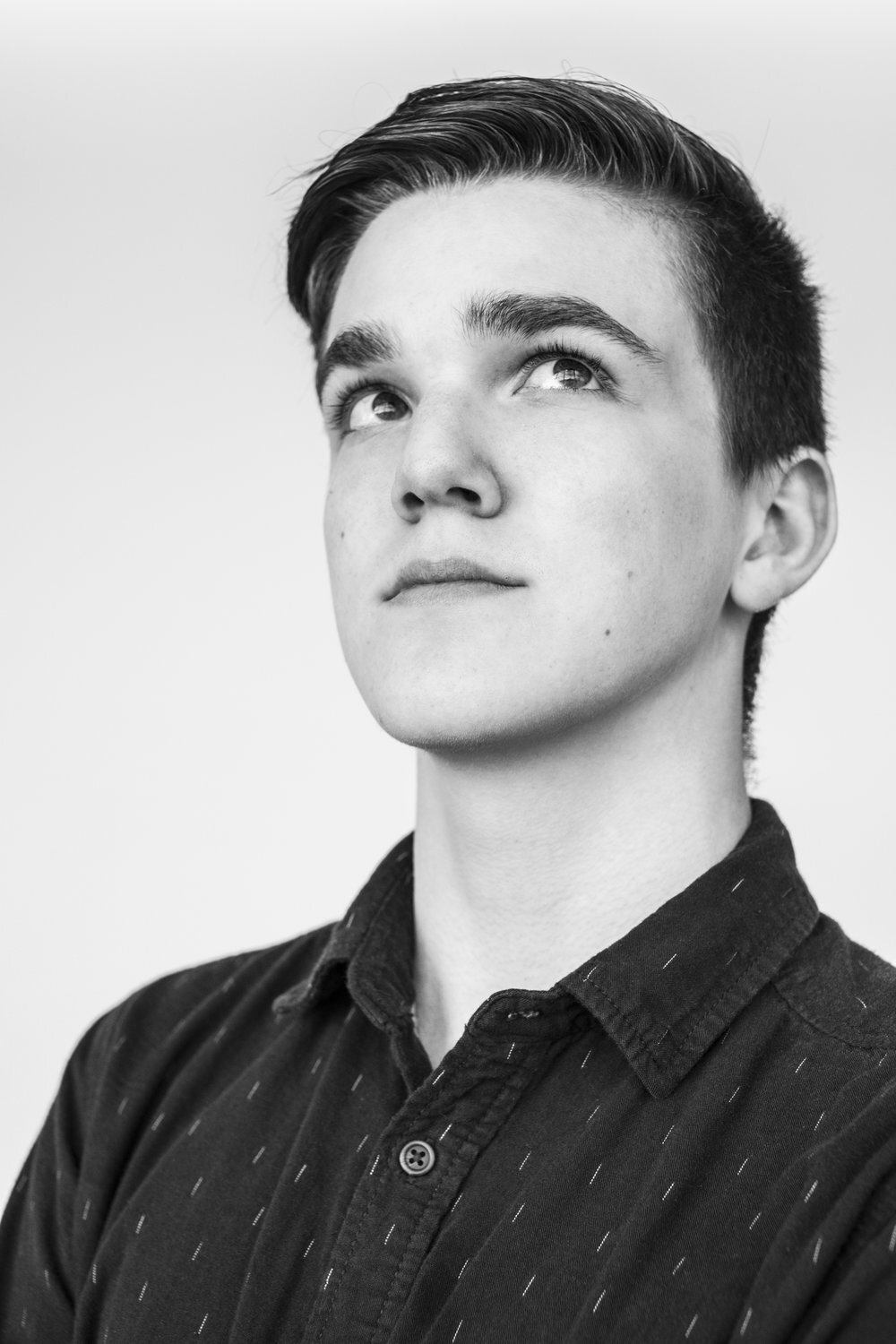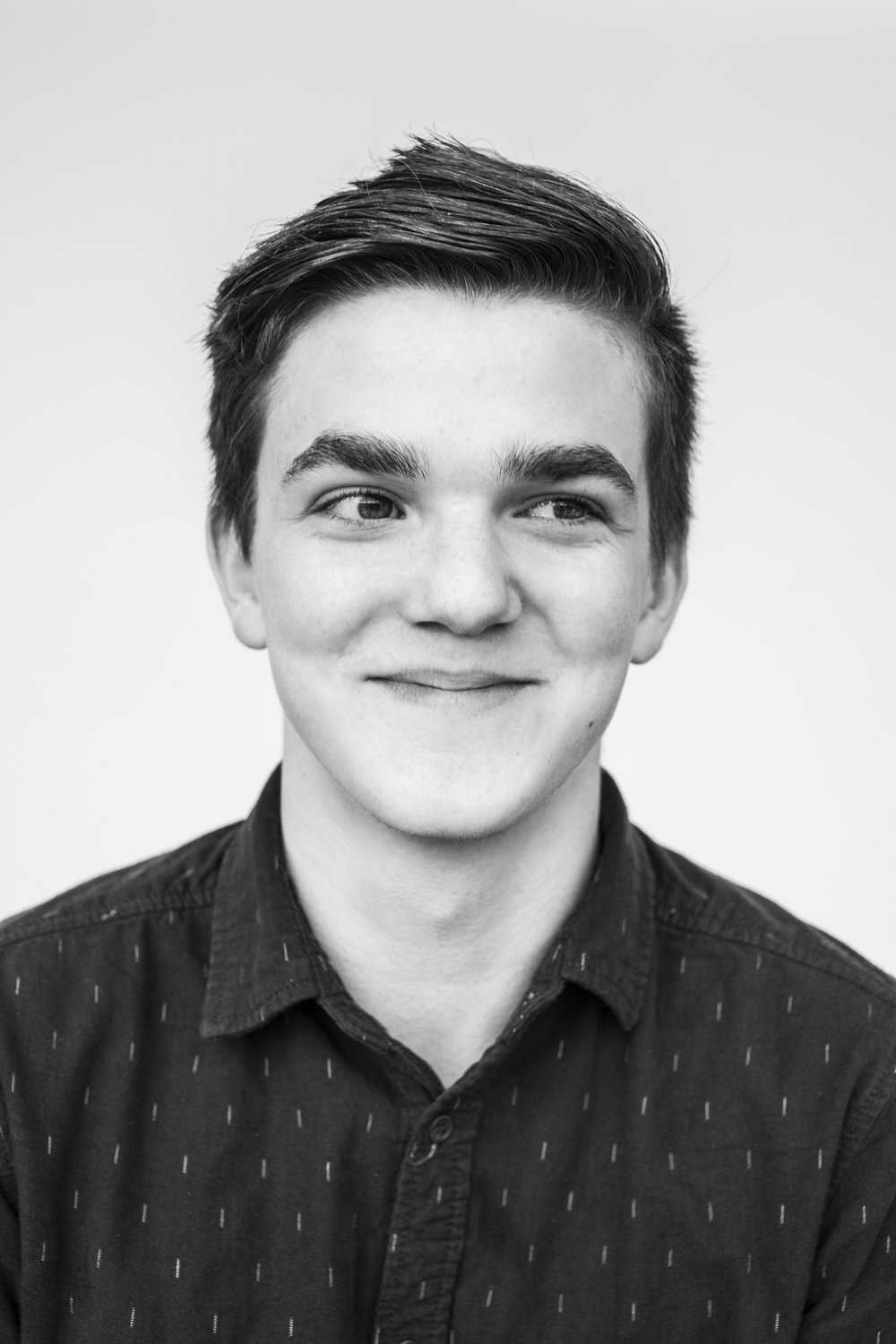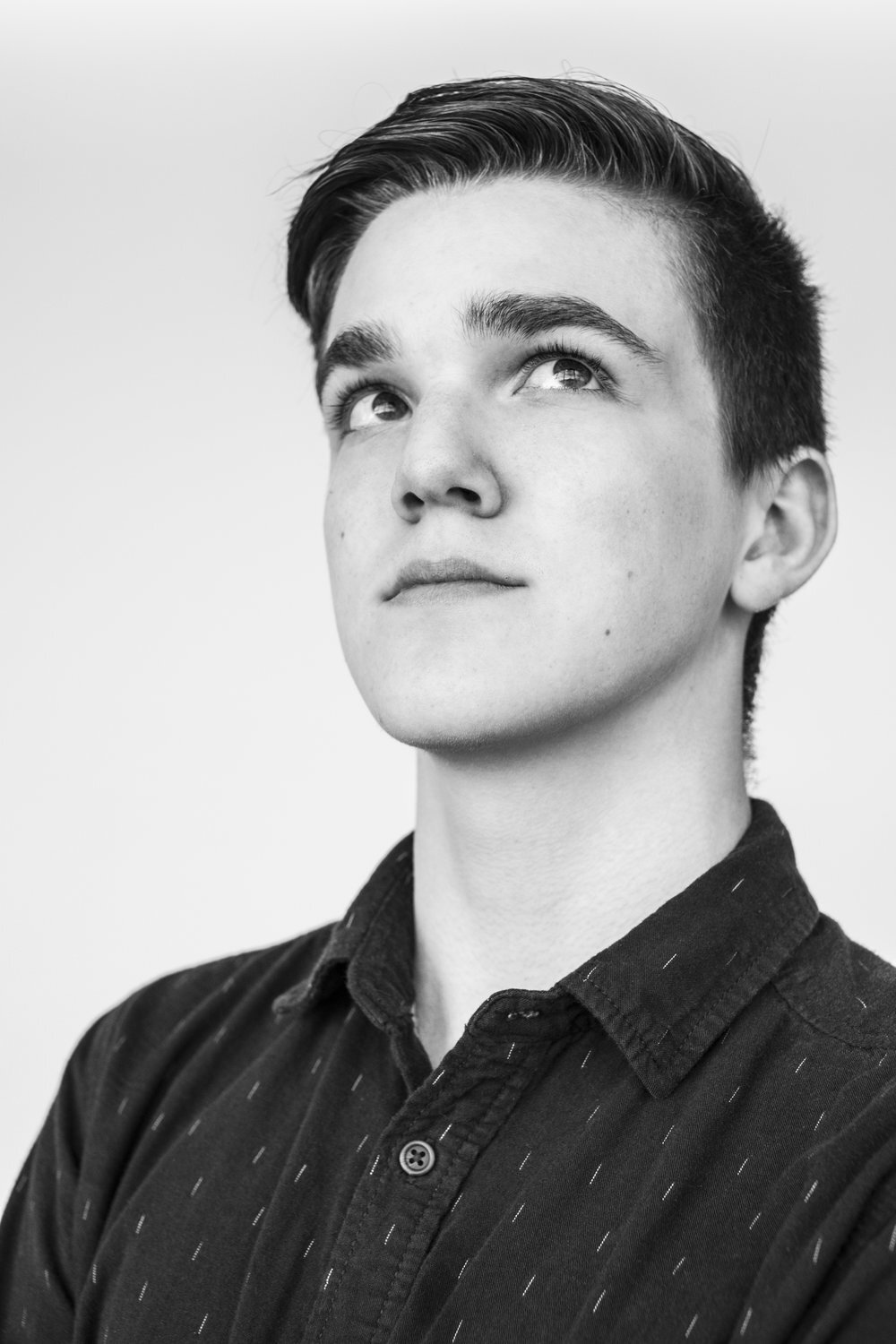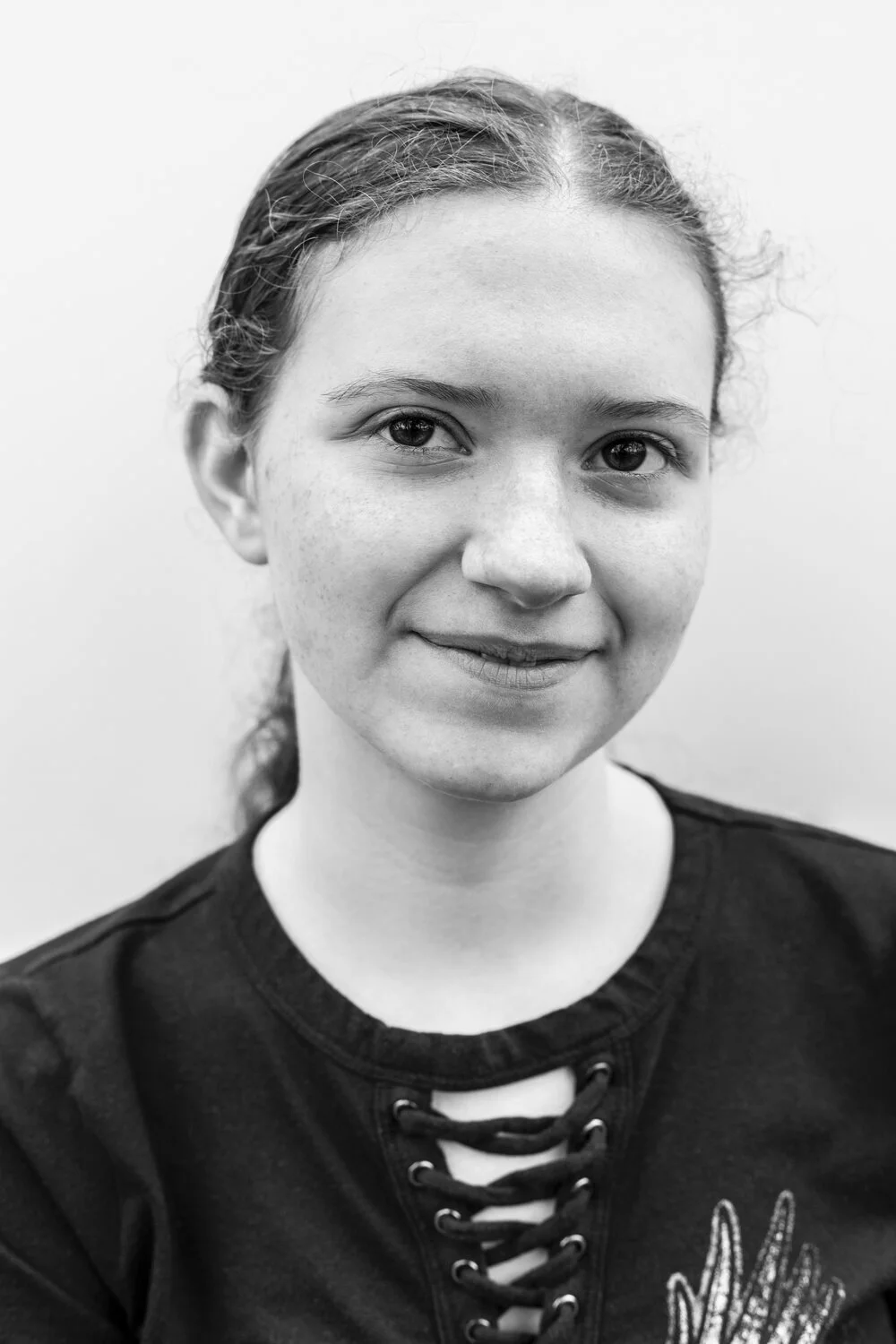TEO
UTAH| SERIES # 3
My name is Teo. I’m 16, and I’m from Utah County. I identify as a gay male. It’s plenty easy to say, “I’m just another cisgender white gay dude,” and while I am, my story is not cookie cutter; it’s still my own and it’s still unique.
I didn’t ever know I was “different” as a kid. Other people saw things, as I’d later find out. But, I never noticed anything different about myself until I had the big realization. Then it all came flying at me. I started to remember little things that didn’t seem like signs when they were happening, but definitely were in hindsight. I remember asking my dad if he’d ever questioned his sexuality—if that was normal. I remember taking online “how gay are you” tests based on what-ifs and made up situations. I’d go through them and if the results came back higher than 50%, I’d retake it and revise my answers.
For years, I continued to believe that that was a one-time internal question, and that I liked girls, and everything was a-okay that way. But then the feelings got what I’d describe as… bigger. It was no longer a temporary feeling that just went away after a few seconds. I’d turn my head when I saw a cute boy in public. I’d stare. My heart rate would start to speed up. In eighth grade, my male classmates started to notice. And they’d try to make that happen. They would make homoerotic “jokes” around me and get super close and say really sexual things. Then they’d all laugh when I got short of breath. It felt like I was being tickled, only it was so not funny, and I so wasn’t laughing.
Going into ninth grade, I knew. I had pretty much told everyone, not because I was looking for trouble, but because I felt like I could handle whatever trouble it caused. I wasn’t completely right. Most of the strangers I could ignore just fine, but what hit hard was friends turning out super homophobic and thinking less of me because of it.
I recently came out to this one friend from grade school. I could feel the shift of our friendship after I came out to him. He almost immediately rejected my identity being real and kept trying to convince me to come back to the church. I took a hard pass at that. I eventually stopped talking to him, which I personally believe is the best way to deal with people like that.
I won’t talk about my struggle or history with the Mormon church, because I don’t like to talk about the Mormon church, period. I have no problem saying that I don’t like them, and I don’t like what they do. But I don’t want to give them any more of my words.
My parents are a lot of things, but homophobic is not one of them, and I will always be grateful for that. At times they’ve struggled to understand, being from a completely different generation that never knew accommodating LGBT+ kids, but they try, and they’re always learning.
The biggest thing that has helped me over the years is solidarity. I’ve always tried to seek out people who felt the same way as me—peers and colleagues who understand where I’m coming from. It always gets easier when there’s a voice there telling you that you’re not the only one and that you’re not wrong for feeling those things. My advice to anyone struggling, with identity or otherwise, is to find someone like you who you know will understand. You’re capable of facing struggles alone, but it’ll suck a lot less if you have others there with you. I know that whole sentence sounds like it was pulled from a teen fiction novel, but I stand by every word of it.









